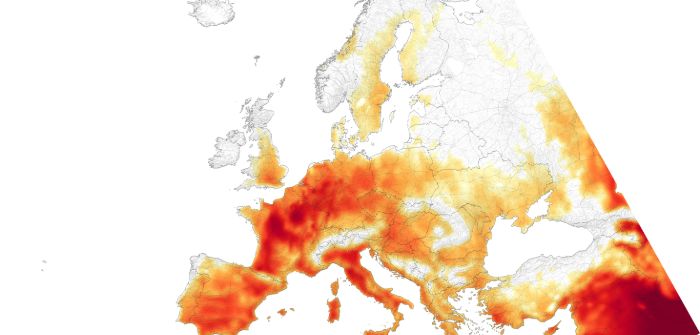Heat stress from extreme heat and humidity could affect more than 1.2 billion people by 2100, according to research by Rutgers University in New Jersey.
According to the research, assuming current greenhouse emissions, four times as many people as today will be affected.
Rising temperatures are increasing exposure to heat stress, harming human health, agriculture, the economy and the environment.
Most heat stress studies focus on heat extremes without considering the role of humidity.
Robert Kopp, director of the Rutgers Institute of Earth, Ocean and Atmospheric Sciences, said, “When we look at the risks of a warmer planet, we need to pay particular attention to combined extremes of heat and humidity, which are especially dangerous to human health.”
The study looked at combined extremes of heat and humidity on a warming Earth, using 40 climate simulations to get statistics on rare events.
It focused on a measure of heat stress that accounts for temperature, humidity and other factors including wind speed, sun angle and solar and infrared radiation.
Annual exposure to extreme heat and humidity in excess of safe guidelines is projected to affect areas home to 500 million people if the planet warms by 1.5°C, and nearly 800 million at 2°C.
Up to 1.2 billion people would be affected by 3°C of warming, as expected by the end of this century.



